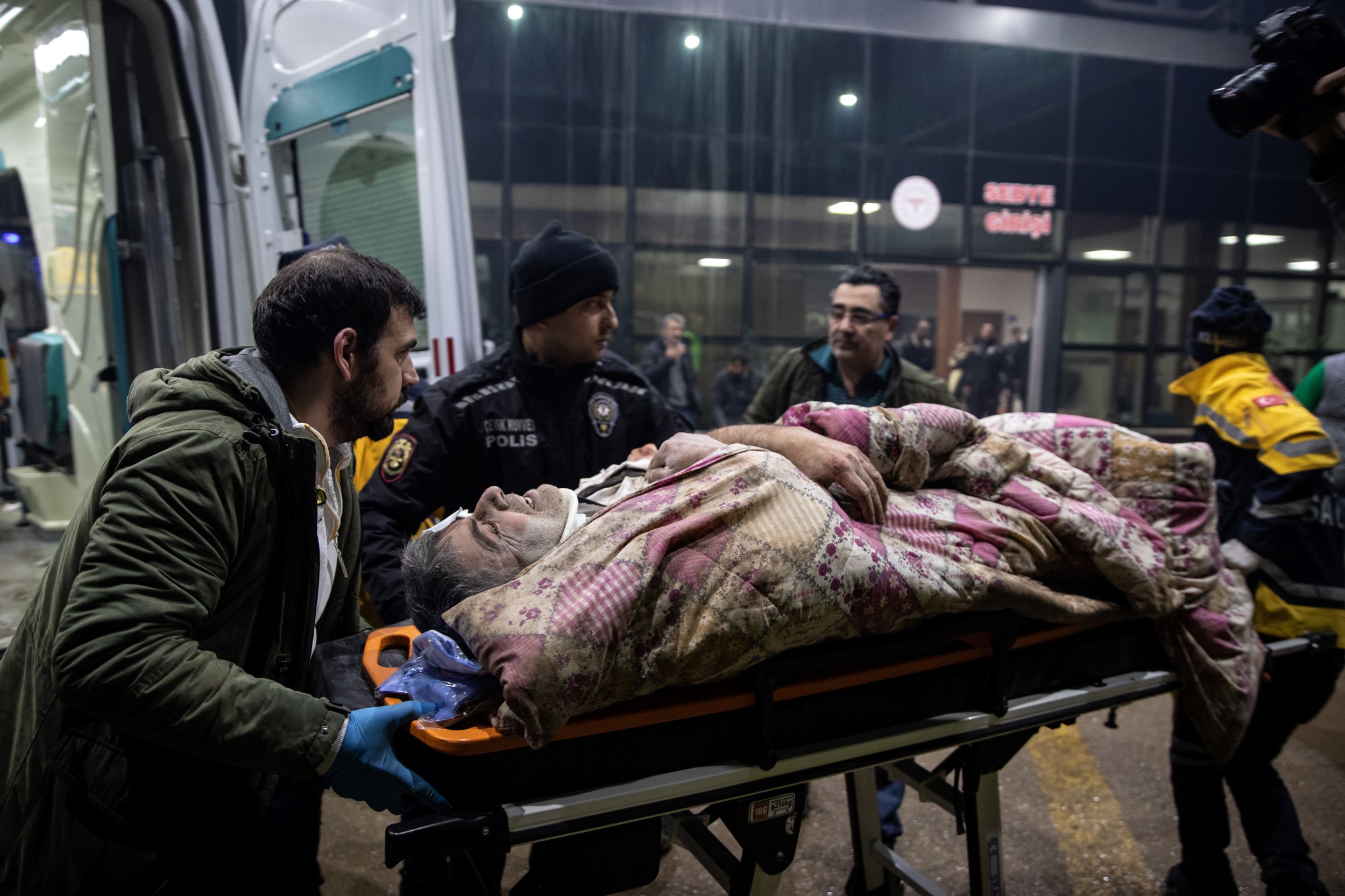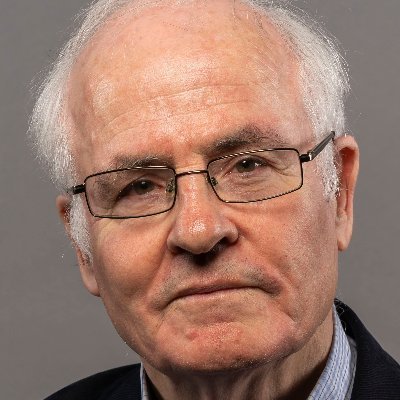How should journalists set about covering the earthquakes in Turkey and Syria without adding to the trauma of victims?
Journalists covering the horrifying earthquake disaster in Turkey and Syria walk a fine line between doing what we must do as reporters and doing what we need to do to help the people overwhelmed by this tragedy.
A humanitarian disaster on this scale is a supreme test of professionalism. The mark of our attachment to high quality journalism is to ensure that the story never comes before the people.
In the immediate aftermath of the disaster, news media are focused on reporting details of the scale of the event: the number of people killed, the list of casualties, those trapped under collapsed buildings and piles of rubble.
In this phase of reporting news media must guard against exaggerating the scale of the disaster or reporting that might add to public anxiety and panic. Journalists must let the facts speak for themselves.
A humanitarian disaster on this scale is a supreme test of professionalism
The first principles of ethical practice come into play:
- Use reliable sources of information (official bodies, national and international human rights organisations on the spot, verifiable commentary from those affected);
- Avoid rumour and speculation from the frontline of the disaster;
- Take care in interviewing the victims and survivors - do not add to their trauma: talk to them only in an environment that is safe and secure;
- Do not use overly explicit images of the suffering of victims;
- Take particular care in dealing with children and other vulnerable people who may be the victims;
- Focus on what the public needs to know (the factual details of the cause of the disaster and its impact and where they can get more information about who is affected);
- Avoid attempts to politicise the event, either by censoring information or giving voice to those who seek to make political capital out of the suffering of others.
The first priority is public safety. So most media will focus on rescue efforts and telling the stories of the victims and survivors.
There are important angles to be followed - inevitably questions of safety of building construction will arise and the effectiveness of the response by local and national authorities - but these may have to wait while the immediate crisis is dealt with. The priority is to get help to the region and journalists must respect this.
Aidan White is President of the Ethical Journalism Network





































